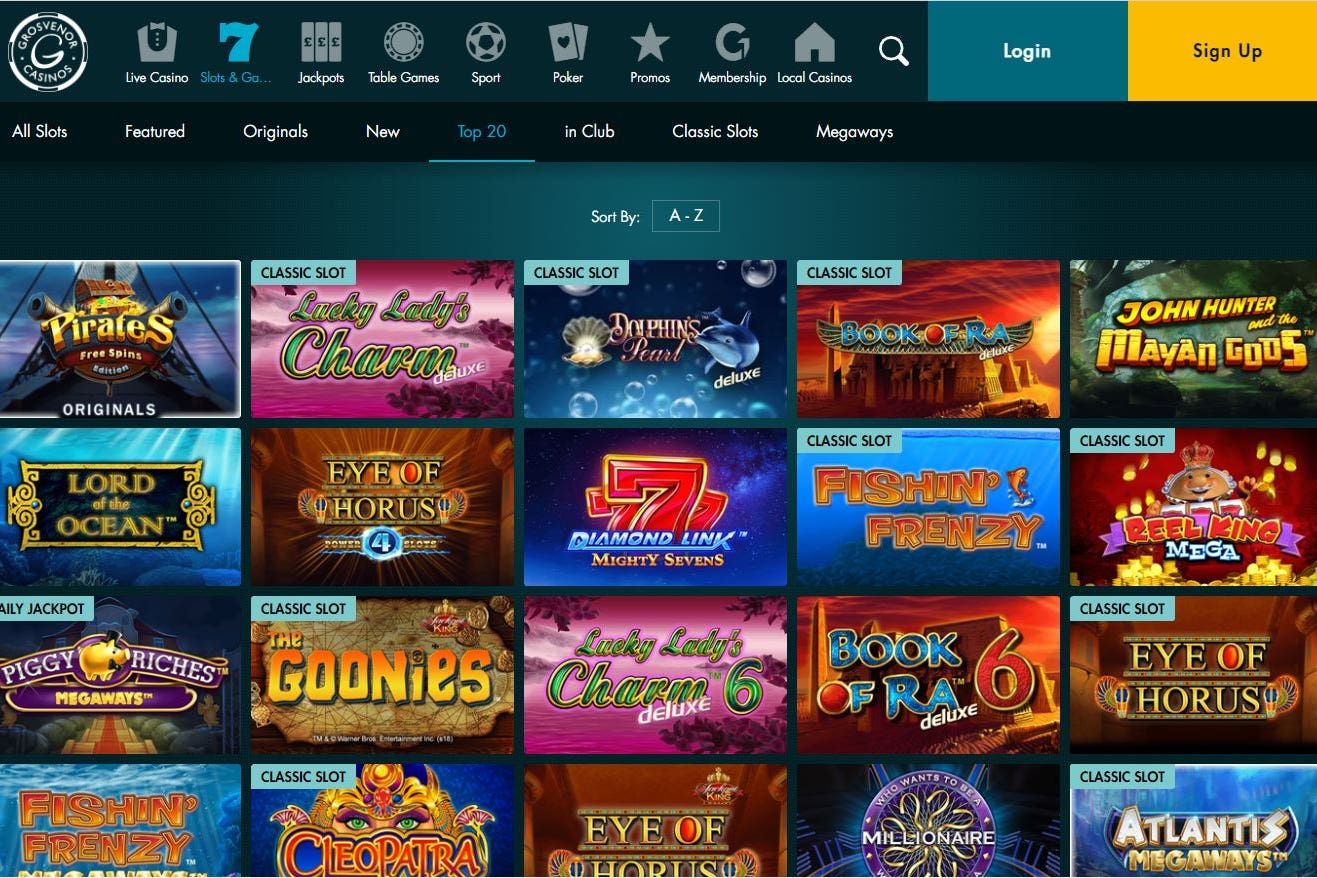Online slots challenges grow as Government consults on new gambling legislation
Some 73% of 5,660 callers to the National Gambling Helpline last year said they had struggled with online gambling.

Your support helps us to tell the story
From reproductive rights to climate change to Big Tech, The Independent is on the ground when the story is developing. Whether it's investigating the financials of Elon Musk's pro-Trump PAC or producing our latest documentary, 'The A Word', which shines a light on the American women fighting for reproductive rights, we know how important it is to parse out the facts from the messaging.
At such a critical moment in US history, we need reporters on the ground. Your donation allows us to keep sending journalists to speak to both sides of the story.
The Independent is trusted by Americans across the entire political spectrum. And unlike many other quality news outlets, we choose not to lock Americans out of our reporting and analysis with paywalls. We believe quality journalism should be available to everyone, paid for by those who can afford it.
Your support makes all the difference.The percentage of online gamblers seeking support for problems related to slot machines has almost doubled in the past five years, new figures show.
Of those who disclosed difficulties with online gambling on the National Gambling Helpline last year, three in five (60%) cited online slots as one of the main activities they struggled with – up from 34% in 2018-19, according to data from the service’s operator, GamCare.
The findings, which come as the Government consults on introducing maximum stake limits for online slot games, show that 73% of 5,660 callers to the helpline last year said they had struggled with online gambling.
The data highlights that it is now disproportionately online slots that are the main challenge for many people who call the National Gambling Helpline
The proportion of people citing challenges with betting exchanges – sites that allow betting directly against other players – has increased from 0.3% to 7.6% over the last five years, while the proportion of gamblers having problems with online financial markets such as cryptocurrency and high-risk trading platforms has increased from 0.02% to 2.17%.
However the data suggests that the proportion of those who have had difficulties with online spots betting has fallen, from 34% in 2018-19 to 20% in 2022-23.
Colin Walsh, GamCare’s lived experience manager, said: “There is still a perception that gambling harm predominantly comes from betting on horses or sports events.
“In the past five years, we have broadly seen a trend where people often start gambling on these activities but eventually transition into other areas of online gambling, where it can be easy to lose sight of how much time and money is being spent.
“The data highlights that it is now disproportionately online slots that are the main challenge for many people who call the National Gambling Helpline.
“I know from my own experience – and the experiences of those in my network – how difficult this form of gambling can be, and how isolating it can feel if you find yourself caught in a negative cycle.
“But I also know that it is possible to get through it and that there is free help for anyone struggling with it.”